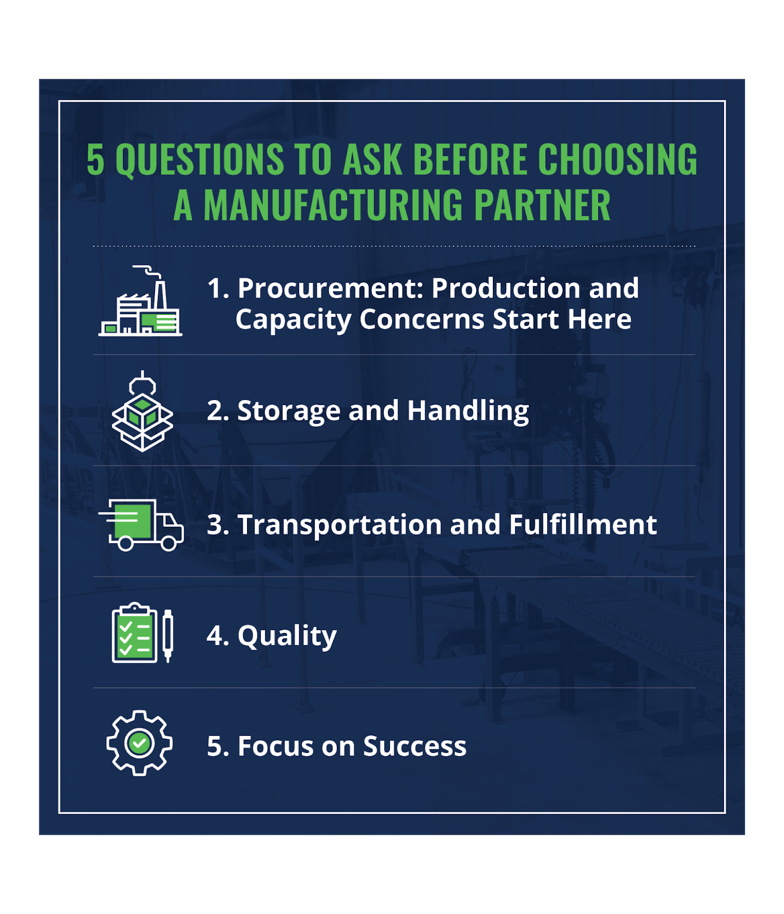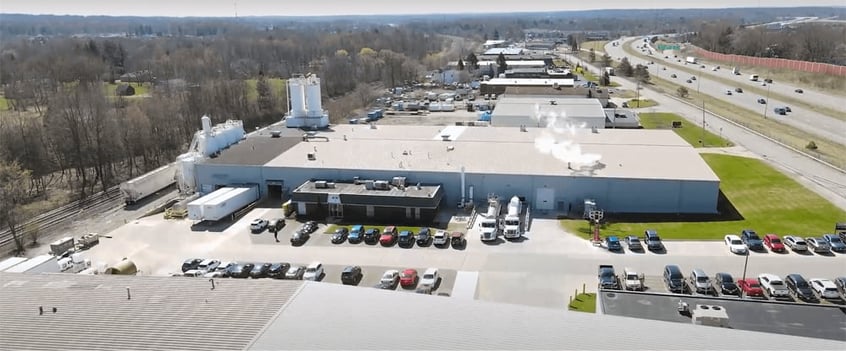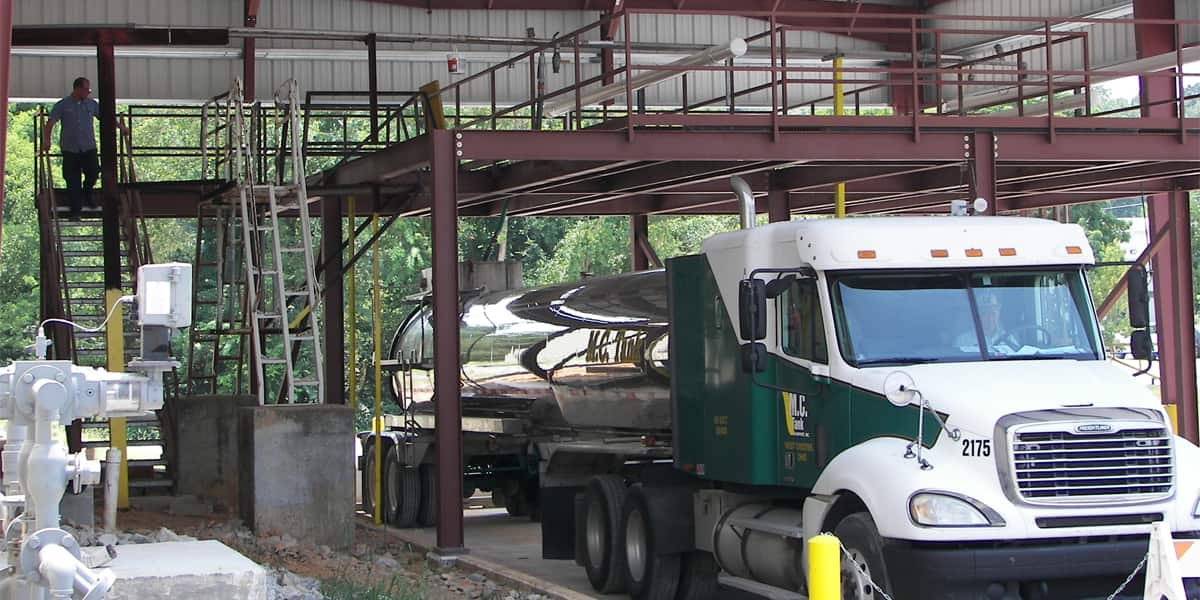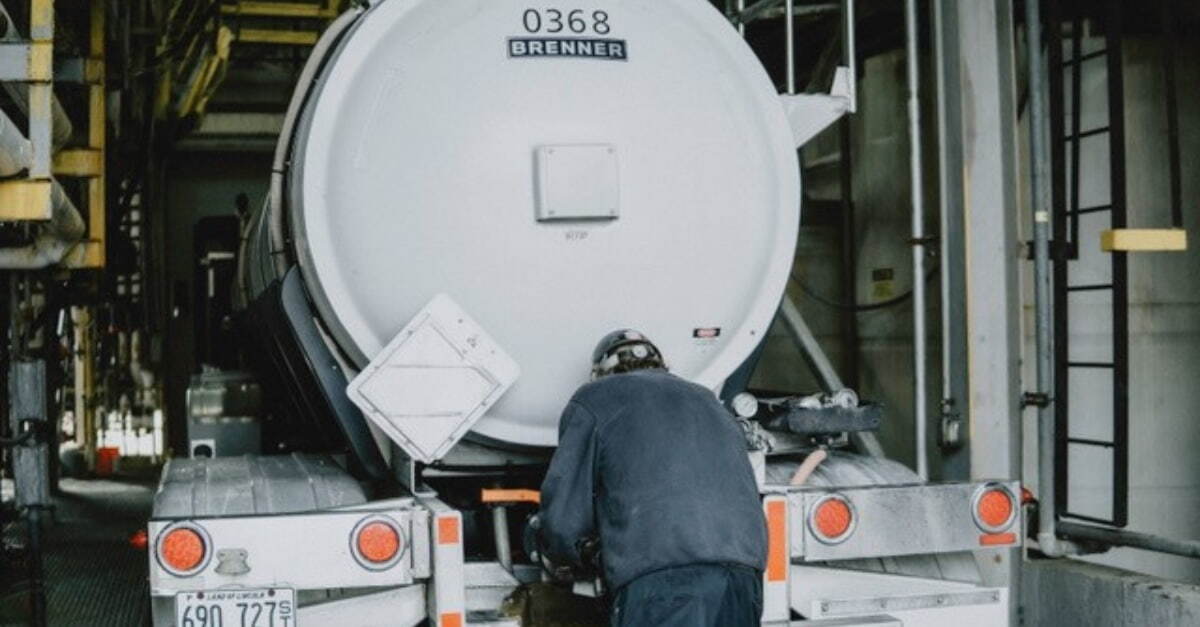
The Best Time to Review Your Logistics is Now
Let’s get the bad news out of the way first: there’s an almost endless supply of things that are outside of a manufacturer’s control. Pandemics and stuck barges, we’re looking at you. The terrifying number of ways that things can go wrong underscores the critical importance of logistics.
Unfortunately, few companies routinely review their logistics choices. Amazon and Walmart are two notable exceptions. Before those brands existed, Ford Motor Company earned a footnote in history and business textbooks for some of its early operational and logistics decisions.
Chemical manufacturers can benefit from flexing their logistical muscles, too.
Logistics, or Luck?
Q: If you’re in the right place at the right time, is it luck or brilliant planning?
A: More often than not, it’s logistics.
Logistics is generally defined as how resources are acquired, stored, and transported to their final destination. In other words, it’s almost everything that keeps an operations manager up at night. If you win at logistics, you win at business.
So take a hint from Jeff Bezos, Sam Walton, or Henry Ford, and show your logistics some love.
Position Your Company to Seize Opportunities
Analyzing the financial and organizational ramifications of your current logistical methods is a daunting task, but the potential benefits are great. Difficult-to-measure soft costs are attached to almost every decision that carries the logistics label. Lost business opportunities are one example. The stress and strain on an organization that constantly faces hiring struggles are another.
On the other hand, companies that have streamlined operations are more agile and ready to capitalize on opportunities when they appear.
Depending on the size of your organization, pieces of the logistics puzzle you’ll want to review are:
- Procurement
- Storage and Handling
- Transportation and Fulfillment
- Quality
- Focus
Note that while Quality and Focus are not “pieces” of logistics per se, because both are directly impacted by logistics, it’s important to consider metrics from those areas as well.

1. Procurement: Production and Capacity Concerns Start Here
Sudden scarcity, formula changes, and price fluctuations are primarily procurement issues. But when an ingredient shipment is delayed, it can almost immediately trigger a storage capacity problem, throw off production scheduling, or both. What if an ingredient shipment is delayed? Depending on how long the delay is, you may have to consider storage costs, and even potential contamination and spoilage of other ingredients before production can be rescheduled.
The good news is, if you partner with a contract manufacturer, these problems go away.
2. Storage and Handling
Many small chemical companies have been able to grow quickly by offloading warehousing and facility costs, along with myriad production details, while they focused on sales and customer service. Large companies, too, can realize a positive difference on their bottom lines when they contract with a manufacturer that handles the production and logistics of delivering a specialty or seasonal product…without causing their operations managers to lose a wink of sleep.
Regardless of their size, most successful chemical companies have one thing in common: they focus on their core manufacturing business, not the real estate business.
The Business Case: An accountant might point out that modernizing your CRM software, investing in more training for your sales force, or updating certain aspects of your business to fully comply with regulations are all better uses of your company’s working capital than owning, renting, or managing warehouse space.
3. Transportation & Fulfillment
There are a finite number of both trucks and drivers. In contradiction, there are a seemingly endless number of regulations, certifications, and licenses in each state regarding the transportation of chemicals.
How many employees do you want to dedicate to solving those kinds of logistical details?
Working with an experienced contract manufacturer that reliably delivers quality products, on time, to customers throughout the country can save an organization a tremendous amount of overhead cost.
Because contract manufacturers don’t depend on developing and marketing their own formulas, they can focus on transportation and delivery issues that are a distraction for chemical companies who need to focus on their core strength, creating formulas. That focus on transportation even includes trying to manage the wild fluctuations in gas and oil prices.
4. Quality
Of course, offloading production is only good for business if you are certain that your product’s quality is guaranteed.
A thorough review of special processing and production techniques is critical, as is ensuring confidentiality and protection of your company’s intellectual property. Before agreeing to any partnership, make sure you have a complete understanding of how your formulas will be handled and protected.

5. Focus on Success
Success in the chemical manufacturing industry demands attention and focus to recognize marketing and other opportunities. Recognizing growth opportunities alone isn’t enough – to take advantage of those opportunities requires an ongoing commitment to research and development, organizational growth, as well as, to customers and other stakeholders.
Unless your company wants to be known as a leader in logistics, outsourcing many of the operational demands of your organization just makes sense.
The key is selecting a partner you trust so that you can focus on growing your organization by doing what you do best.
Royal has built a reputation of excellence in contract manufacturing, providing outstanding logistics services to our customers for more than 80 years. To find out what we can do for you, schedule a consultation.
Talk to an Expert
Streamline Your Chemical Manufacturing Process
Royal Chemical’s expertise in blending, packaging and shipping can save you time, reduce costs and deliver consistent results.














